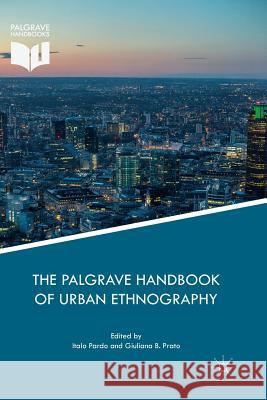The Palgrave Handbook of Urban Ethnography » książka
topmenu
The Palgrave Handbook of Urban Ethnography
ISBN-13: 9783319877648 / Angielski / Miękka / 2018 / 575 str.
Kategorie:
Kategorie BISAC:
Wydawca:
Palgrave MacMillan
Język:
Angielski
ISBN-13:
9783319877648
Rok wydania:
2018
Wydanie:
Softcover Repri
Ilość stron:
575
Waga:
0.81 kg
Wymiary:
23.39 x 15.6 x 3.07
Oprawa:
Miękka
Wolumenów:
01
Dodatkowe informacje:
Wydanie ilustrowane











